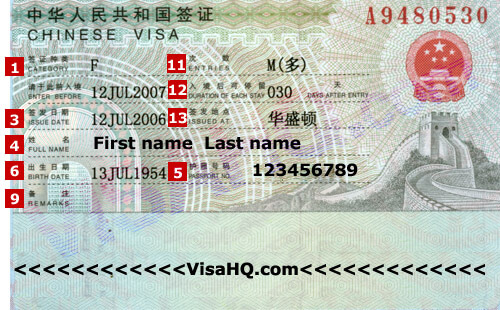China Embassy list in Bhutan
Need help?Chat with us
Importance of Trip Registration at the China Embassy
Registering your trip with the China embassy is crucial for safety, as it allows the embassy to assist citizens during emergencies. In scenarios such as natural disasters—like earthquakes or typhoons—the embassy can provide vital updates and resources. Similarly, in the event of political unrest, registered travelers may receive safety alerts and evacuation guidance tailored to their location. Furthermore, in the case of medical emergencies, having your details on file facilitates swift communication and support, ensuring that you receive prompt medical attention and assistance. Overall, registration enhances your security while abroad and strengthens the embassy’s ability to aid you effectively during unexpected situations.
China Embassy FAQs
Can the China embassy assist in legal issues abroad? Yes, the China embassy can provide general information and guidance on legal issues, but they do not provide legal representation. It’s advisable to seek local legal counsel for specific concerns.
What should I do if I lose my China passport in Bhutan? If you lose your passport, report the loss to local authorities, and then contact the China embassy for assistance. They will guide you through the process of obtaining a replacement.
Does the embassy help with visa applications for non-Chinese nationals? Yes, the China embassy can assist non-Chinese nationals with visa applications for travel to China. It’s essential to check the specific requirements based on the applicant’s nationality.
What are the embassy’s operating hours? The operating hours can vary, so it’s best to check the embassy’s official website or contact them directly for the most accurate information.
Services Provided by China Embassies in Bhutan
Passport Services
- Issuance of new passports
- Renewal of existing passports
- Replacement of lost passports
Visa Issuance for Foreign Nationals
- Processing visa applications for short and long stays
- Providing visa-related information and guidelines
Assistance in Legal or Medical Emergencies
- Providing guidance on local legal services
- Assisting citizens in medical emergencies and locating hospitals
Travel Alerts and Safety Updates
- Issuing travel advisories and safety information
- Providing updates on local conditions and risks
Support for Nationals Detained Abroad
- Offering assistance in cases of detention or arrest
- Coordinating communication with legal representatives
Summarized Diplomatic Presence
China maintains a significant diplomatic presence in Bhutan, primarily facilitated through its embassy located in Thimphu. The embassy serves as a crucial bridge in fostering bilateral relationships and enhancing cooperation in various sectors, including trade, culture, and education. The diplomatic mission is responsible for providing services to Chinese nationals in Bhutan and engaging with Bhutanese officials to promote mutual interests. The importance of this relationship is underscored by joint efforts to address regional issues and enhance diplomatic dialogue, contributing to stability and development in the region.
